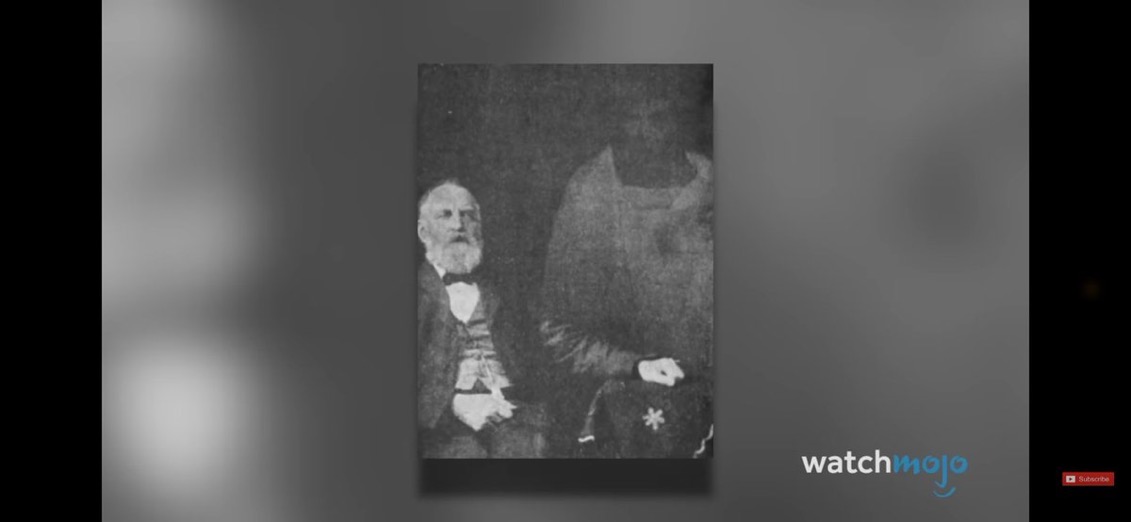High court dismisses petition challenging Youth Bill 2024
The High Court has dismissed a constitutional petition challenging the Youth Bill 2024.
In its decision, the Court held that the petition was premature, noting that the impugned Bill had not yet been formally tabled before Parliament.
The Court emphasized that it lacks jurisdiction to adjudicate matters concerning policy proposals or draft legislation that have not crystallized into definitive and identifiable subject matter suitable for constitutional scrutiny.
"From the foregoing and it be established that the impugned bill 2024 is yet to be tabled in Parliament. The petition herein is premature and this court lacks jurisdiction to intervene as moved by the petitioners," court noted.
"High court jurisdiction does not encompass old policy adjunctions that are yet to crystalize into final identifiable subject matter that is rightful for adjudication of its constitutionality or lack thereof. Consequently, the second respondent notice of preliminary objection dated 11th March 2025 is merited and the petitioners notice of motion dated 17th December 2024 is struck out," ruled Justice Bahati Mwamuye.
At the center of the petition was concern over the proposed establishment of a new Youth Fund under Clauses 35–41 of the Youth Bill 2024. The petitioners argued that this Fund would duplicate the existing Youth Enterprise Development Fund, which was established under Legal Notice No. 63 of 2007.
They pointed out that the current Fund already has a Board with clear objectives focused on youth empowerment and economic development.
Further, the petitioners took issue with Clause 45 of the Youth Bill 2024, which proposes the creation of an Office of the Youth Registrar. They argued that this would mirror the functions of the Public Benefit Organizations (PBO) Regulatory Authority, already established under Sections 34 and 45 of the Public Benefits Organizations Act, thereby creating another layer of redundancy.
The petition also criticized the public participation process, citing a circular issued by the State Department for Youth Affairs and the Creative Economy on 26th November 2024.
According to the petitioners, the public forums were held in only eight locations, which they argued did not adequately represent the nation’s diverse regions.
Ultimately, the petitioners contended that the establishment of overlapping institutions and roles violated principles of efficient governance, as enshrined in Article 201 of the Constitution. They asserted that such duplication would lead to unnecessary administrative expenses and undermine good governance, transparency, and accountability as outlined in Article 10.












